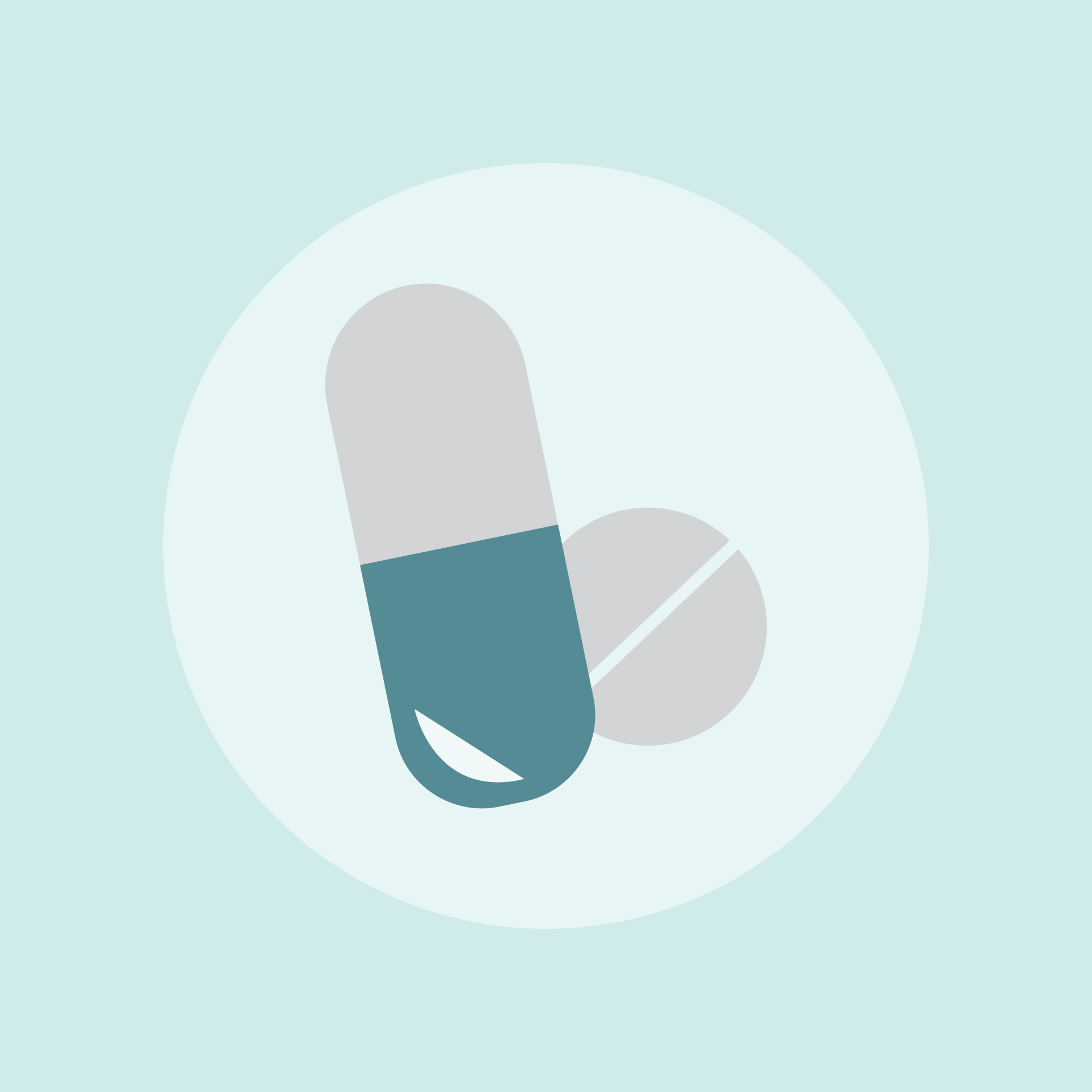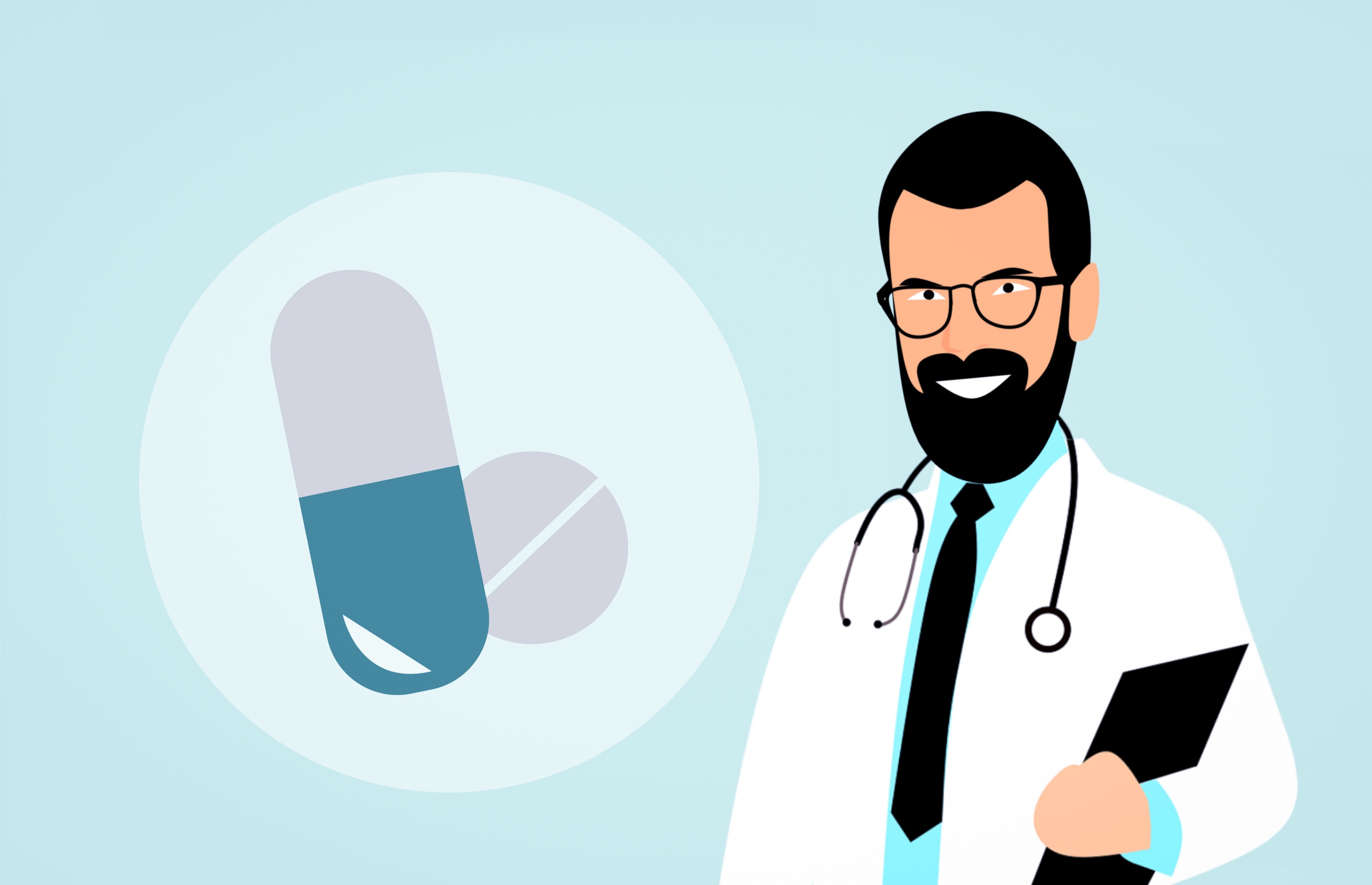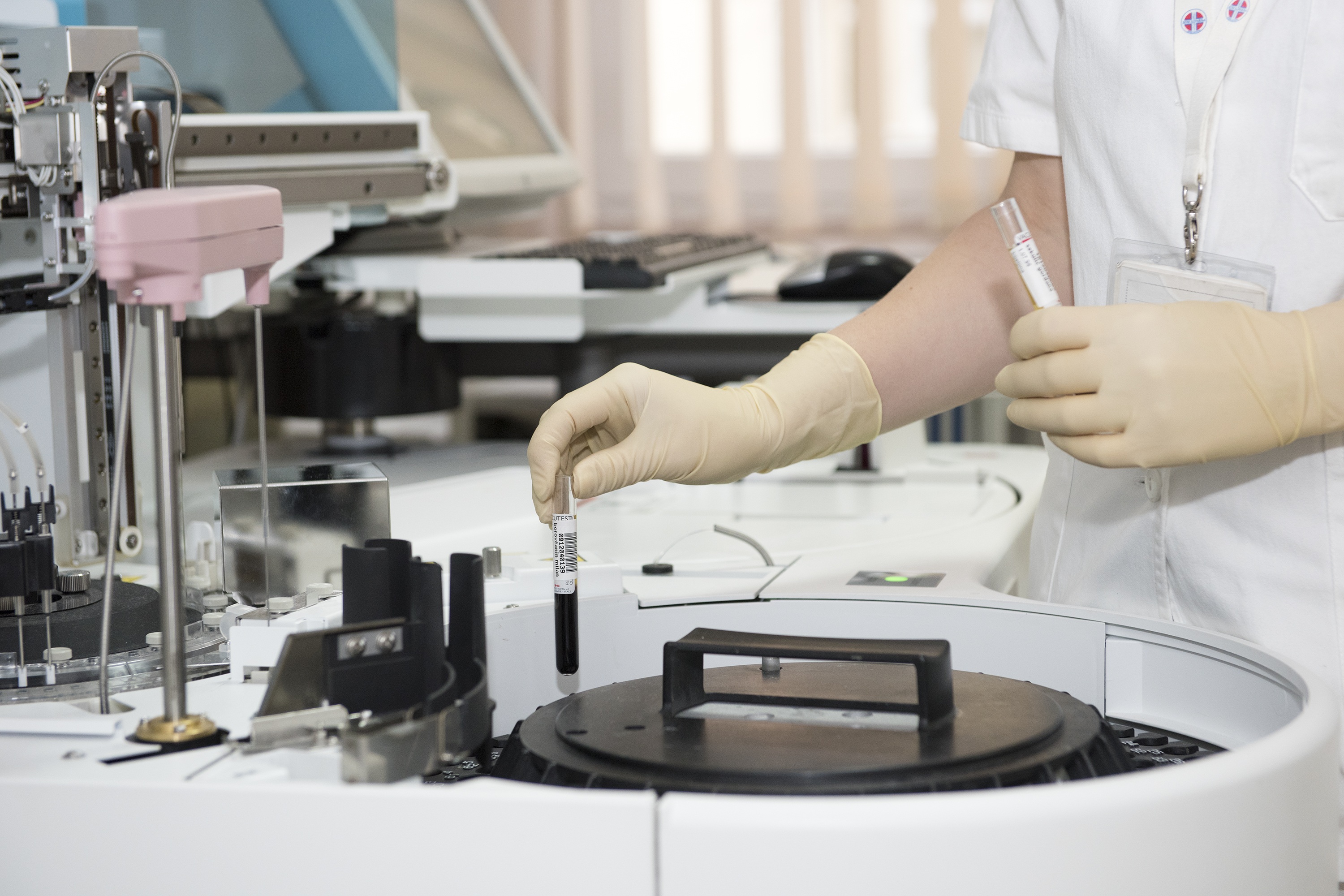Table of Contents
Do Antibiotics Make You Tired- If Yes, What To Do?
We often get an antibiotic prescription to minister infections. Do antibiotics make you tired? You must have asked yourself this question after feeling drowsy on antibiotics. Here’s what you need to know.
Antibiotics are medications that minister to bacterial infections. They are given to either stop or entirely kill off the deadly bacteria. Antibiotics, also known as antibacterials, have protected many people from disease-causing bacteria. They are employed to deal with diseases such as respiratory tract diseases (pneumonia, whooping cough), sepsis, and skin infections. Sometimes antibiotics are utilized to curb illnesses instead of treating them. This preventive use of antibiotics is widespread before orthopedic or bowel surgery.
Despite being so helpful, antibiotics possess numerous side effects or downsides. They even are explained to reduce life span in specific instances. Due to such threats, it is crucial to know precisely what these drugs are, how they can influence you, and if they are the correct treatment for your ailment. Many antibiotics, in particular, can make you feel tired and weak or sleepy.
Although such a downside is unusual, this exhaustion can significantly harm you in a few ways. We will jump deep into antibiotics to comprehend their history, advantages, side effects, and the right thing to do if you feel exhausted from putting up with them. Understanding antibiotics in depth will lend you a better understanding of whether they are correct for you.
Do antibiotics make you tired? How Antibiotics Work-

As mentioned before, antibiotics cease or kill toxic bacteria in our bodies. It is natural to have a particular quantity of bacteria. As bacterias keep multiplying, our immune systems generally shove in to combat and kill them. White blood cells go to war with the multiplying troop of bacteria and typically gain a victory. Nonetheless, sometimes the percentage of bacteria overpowers the vitality of our immune system. This is the place antibiotics come into a stage. Antibiotics function in one of two ways:
- Assassinates the bacteria: A bactericidal antibiotic, like penicillin, eradicates the cell wall and its contents.
- Halts the bacteria from increasing: A bacteriostatic hinders bacterial protein synthesis.
It is crucial to be aware that although antibiotics function against several life-threatening diseases, they do not function against viruses. For example, antibiotics will not alleviate COVID-19 and other upper respiratory tract infections (URTIs) such as the flu or common cold. It would help if you initially inferred whether the disease is bacterial or viral to find a suitable medication.
If someone is suffering from coronavirus and also formulates a bacterial disease as a complication, antibiotics can assist in treating the bacterial disease, but not the coronavirus.
Types of Antibiotics

Antibiotics have not existed around all that long. The initial natural antibiotic was none other than penicillin, which Sir Alexander Fleming of England discovered in 1928. And the finding occurred solely by accident! Fleming was a careless lab technician (as per people) researching the influenza virus. While he was distant for two weeks on holiday, after his return, he found out mold had been accumulating on his staphylococcus culture plates. And the mold had staved off its growth.
This accidental breakthrough altered the face of medication as we realized it. At the finding, bacterial meningitis, bacterial endocarditis, and pneumococcal pneumonia were all fatal diseases. After penicillin was found out, these diseases could be handily treated. And this faction of drugs has begun again to protect millions of lives after the first discovery. Currently, penicillin-based antibiotics are yet very much in usage.
Penicillin is, in truth, the most extensively utilized antibiotic in the world. Some widespread penicillin-based antibiotics comprise amoxicillin, ampicillin, and penicillin G.
Antibiotics are distinct. There are many kinds of current antibiotics, and some still being developed today. Then there are furthermore topical antibiotics in the structure of over-the-counter lotions, lotions, and ointments utilized for skin infections. Antibiotics could be taken orally in tablets, liquids, or capsules.
They can also be provided by injection. Handful antibiotics function for many diseases, while others minister a few particular bacterias. Some raid aerobic bacteria that require oxygen, while others fight anaerobic bacteria, which do not require oxygen. Antibiotics are beneficial, and they are fast-working. Some will even start acting within a few hours. This is so crucial when handling a rapidly-spreading disease.
As you can discern, the convenience, variety, and availability form antibiotics are essentially a godsend drug for the recent day. But, we understand that the consequences of antibiotics are not all decent. Let’s have a look at some of the side effects of antibiotics that helps you find- Do antibiotics make you tired?
Do antibiotics make you tired? If yes, Which Antibiotics Can Make You Sleepy?
Feeling exhausted can happen when putting up with some antibiotics. This extraordinary but potentially severe side effect happens in some popular antibiotics prescribed these Days. The precise explanation for why exhaustion occurs in some people is still not understood today.
Some have inferred it is an outcome of the difference in nutrient absorption and dehydration that happens when your digestive system’s biome (internal environment) has been disrupted. Since the beneficial bacteria have been washed out, the body might become tired. However, not every antibiotic causes exhaustion. We will talk about a few of the prevalent ones that do.
And the downside or side effect of drowsiness or exhaustion is said to be somewhat rare. Pay awareness if you are putting up with the following medicines and are feeling tired out:
- Amoxicillin: Generally going by the terms Amoxil and Moxatag, amoxicillin is a beneficial penicillin antibiotic. It is commonly used to deal with pneumonia, bronchitis, and urinary tract infections (UTI), among different things. If you feel exhausted after putting up with amoxicillin, instantly call your doctor. It might have influenced the nervous system. It is ordinary to feel exhausted when putting up with this medication, but be careful if you are feeling vulnerable or unconsciousness strikes or fighting to remain sleepless. Sulfamethoxazole (Bactrim) can be a valuable option for Amoxicillin.
- Azithromycin: Another widespread antibiotic with excessive tiredness as a downside, azithromycin goes by the terms Z-Pak, Zmax, and Zithromax. It is utilized to deal with bacterial diseases such as respiratory, ear, skin, and eye diseases. It is furthermore used against a few sexually transmitted diseases. If azithromycin results in fatigue, speak to the doctor regarding clarithromycin (Biaxin) as an option.
- Ciprofloxacin: This is among the many fluoroquinolones and yet one more antibiotic that can result in fatigue. Also called Cipro or Proquin, this antibiotic is frequently used to deal with infections of the skin, bone, and prostate, among others. Ciprofloxacin was initially known as a remedy for anthrax poisoning. The downside or Side effects can comprise dizziness, sleepiness, and being commonly less aware. Another option to Cipro is Vibramycin (doxycycline), a tetracycline antibiotic. This is a decent option, particularly if you have an allergic reaction to penicillin.
It is crucial to recollect that everyone reacts to antibiotics contrarily. So, do antibiotics make you tired? some people may feel sleepy whereas others do not. Speak to the doctor about these probable side effects and if this medicine is correct. Ensure to notify them of additional medicine you are putting up with. You can furthermore talk to the pharmacist regarding these potential downsides or side effects.
Other Possible Causes of Tiredness to Rule Out

It is significant to initially order out that your exhaustion results in the disease, not the medication. Chat to your consultant about the signs of your disease to see if this could be a probability. Also, be sure the doctor is nicely aware of any additional treatments you are taking. This is crucial information for the doctor to understand because your antibiotic medication could react with other medications. Here are a few additional medications that antibiotics have been understood to conflict with:
- Antacids
- Blood thinners
- Antifungal drugs
- Antihistamines
- Anti-inflammatory drugs
- Diuretics
- Muscle relaxants
When you chat to the doctor regarding what may be resulting in the fatigue, make sure to rule out the additional medicines themselves. They could have their apparent side effects. Exhaustion could also be a mark of any medications you might be under. Talk to the doctor in detail about the other medicines or treatments. Find out whether they can be the culprit instead of the antibiotics. Here is a shortlist of some other medicines and treatments that can result in you being exhausted and sleepy:
- Blood pressure medication
- Cough medications
- Antidepressants
- Antihistamines
- Anti-anxiety medication
- Pain drugs
- Radiation therapy
- Heart drugs
- Chemotherapy
One final to assess is whether or not you are taking the medicines appropriately. To lessen downsides, ask yourself the given questions to be sure you are suitably taking the prescribed antibiotic medicines:
- Am I consuming my antibiotics as prescribed? A few antibiotics must only be taken along with water. And some medications are supposed to be eaten with a meal. Be sure you are putting up with yours as directed.
- Have I consumed the entire course of antibiotics or ended short? You must be completing the course of antibiotics, even if the signs have ridden up.
- Am I taking the proper prescribed dosage? So it is wise to pick and select in your dose when putting up with them so that they are most beneficial for your health.
- Am I resisting alcohol?
- Am I having A probiotic? Study shows that individuals having a probiotic will lessen their likelihood of getting diarrhea by roughly 42%.
- Have I informed my doctor about any side effects I go through? Keep the doctor informed of any differences since you have taken the pill, such as drowsiness, diarrhea, and mood changes.
Do antibiotics make you tired or sleepy? Here’s what to do
So you must have ruled out different medications and therapies as the culprit. You are confident that the exhaustion is not resulted in by the disease or other medicinal interactions. Now it is time to find out if the antibiotics give rise to tiredness. Maybe you are at a point where exhaustion keeps you from doing your work correctly. Or perhaps you are incapable of concentrating when driving.
Possibly you are incapable of doing your ordinary favorite activities because of being drowsy. Sleepiness considerably boosts your risk of falling or falling into a car accident. You may find yourself being injured due to this downside. If you end up being tired and exhausted from any antibiotics, what do you do? The only thing you should not do is instantly halt the medication.
This might enable the infection to exacerbate and can also direct to antibiotic resistance. If you almost begin to take medicine and the exhaustion doesn’t recede within the first few days, or it becomes worse, here are a few aspects we propose you do:
- Talk to the doctor regarding potentially changing to another prescription or attempting a different dosage.
- Do not drive or perform any workouts that expect your full awareness and concentration. You may potentially result in harming yourself or others. Prevent these things till you understand precisely how the antibiotics are influencing you.
- Do not gulp alcohol, especially when putting up with metronidazole (Flagyl)or trimethoprim-sulfamethoxazole (Bactrim). The mixture will result in many other terrible side effects.
- Prevent any other elements that make you tired.
- Make sure to get sufficient sleep.
The Case Against Antibiotics- Do Antibiotics make You Tired?

Now that you know do antibiotics make you tired or not, there are several other possible side effects of these antibiotics you should know. There is a lengthy list of severe side effects for every prescription. You want to deduce whether the possible side effects are worth the pill’s advantages. Here are a few additional common side effects that happen when you take antibiotics:
- Digestive problems (diarrhea, vomiting, nausea, and abdominal pain)
- Sensitivity to the sun
- Photosensitivity
- Headaches
- Anxiety
- Depression
- Fungal infections, like yeast infections
- Allergic response; occasionally life-threatening (rash, anaphylaxis, hives, or shortness of breath)
Apart from the possible side effects, one must contemplate when taking antibiotics the complete health status of the person. Due to the bacteria-killing essence of antibiotics, bacteria can be cleared from the body. This comprises not only the awful bacteria but the good ones as well. This leaves the susceptible body prey to a disease that could take a toll on the wellbeing and health.
One instance is the bacterium known as clostridium difficile. C. difficile commonly formulates after antibiotic treatment and can result in anything from diarrhea to severe colon inflammation. This is because of the destruction of the natural, helpful bacteria from the medication. And consuming antibiotics frequently can result in your body formulating an opposition to them in general.
Besides, bear in mind that antibiotics essentially work nicely for short-term usage. In most individuals, good fresh bacteria formulate rapidly afterward to equalize the immune system. But it would help if you considered the outcomes of using a course of antibiotics for prolonged treatment.
The lengthier the course of medication, the more harm is being performed to the immune system. So it is reasonable to pick and select in your lifetime when to put up with them and what times will be most helpful for their well-being.


